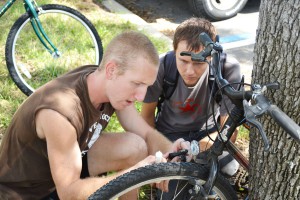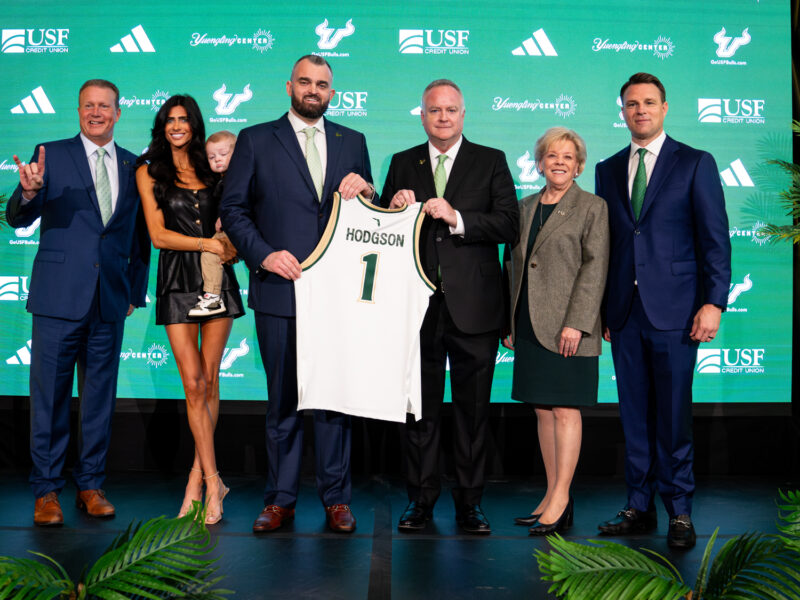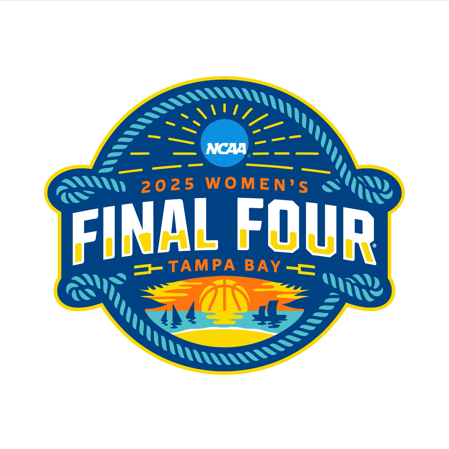On Thurs., Sept. 22, the Students for Environmental Awareness Society held its Moving Planet event at Harborwalk. The group encouraged participants to call the White House in a makeshift phone booth. The booth also included bicycle diagnostics for students.
“The purpose of the event is to encourage students to move beyond fossil fuels and to promote political action on campus,” said Megan Demchar, president of SEAS.
Moving Planet is an annual event held on Sept. 24 by people and organizations around the world hoping to bring environmental awareness to their communities. The event focuses on moving away from “dirty energy” practices toward clean energy practices. SEAS chose to promote bike safety and offer tune-ups and diagnostics alongside the phone booth.
In the phone booth, students could make a literal call to action, asking President Barack Obama to reject the permit for the Keystone Gulf Coast Expansion Project.
The Keystone pipeline currently carries crude oil from parts of Canada into the mid-western United States. The expansion project would run another crude oil pipeline from Alberta, Canada, to the Gulf Coast in Texas.
Lauren Riley, SEAS member and senior in environmental policy, projects if Obama grants the permit, he could lose a large portion of the youth vote. Tar Sands Action, an organization promoting action against the Keystone Pipeline, claims Obama’s decision on the pipeline is the most important environmental decision he will face before elections.
“It would be a big win if he rejects the permit for the grassroots organizers, country-wide,” said Riley. “We’re rebuilding the foundations for an environmental movement. With the help of technology we’re organized. We have the resources to come together and do things. People become their
own leaders.”

On the other side of the phone booth, student Zack Westmark diagnosed students’ bikes and tuned them up. Flyers with bike safety tips and laws were made available along with bike lights, reflectors, and reusable water bottles for students participating.
The most common problem Westmark encountered was sticky brakes.
“Your prime suspect is the cables,” Westmark said. Often the metal binding will become frayed and “stick.” The problem is easily solved by replacing the cable.
More important to Westmark than a tune-up, or diagnostic, is to send a message. “That’s my over-reaching goal today,” he said.
Westmark explained the conflict between cyclists and automobiles is a combination of rules not being followed and lack of understanding.
“If everyone follows the law there’s more consistency and that eliminates tension between automobiles and bikes,” he said.
SEAS members were pleased with the outcome and the participation by students.
“Traffic to the event has been pretty steady. Short class breaks make it difficult, but a good amount of students are coming through. We’re getting the information out there and that’s what it’s about,” Demchar said.
Students can anticipate “Part 2” of this event, Demchar said. SEAS hopes to solidify plans later in the school year with the Department of Sustainability in Student Government to create a bike share project on campus.
If you want to place a call to the White House to voice an opinion on the Keystone pipeline, call (202) 456-1111 for the comment line at the White House, or call the switchboard at (202) 456-1414.
Photos by Wendy Biddlecombe


